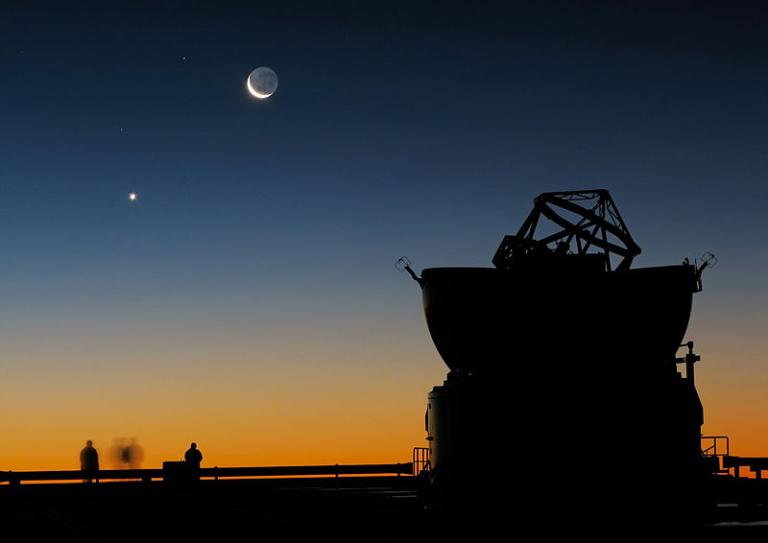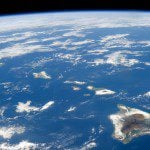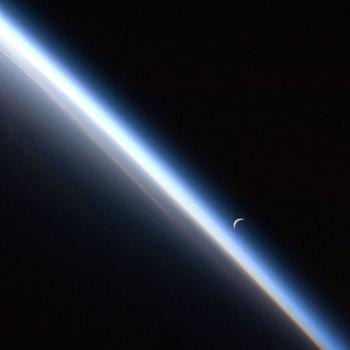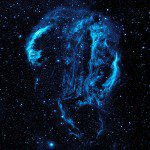
First, two items about water or water-like liquid in space:
“Meteoroid Strikes Eject Precious Water From Moon”
When I was a kid, thinking (perhaps not seriously enough) about a possible career in something related to astronomy — see “For me, the horizon was a bit too close” — detailed information like that above about Titan simply didn’t exist. And I, for one, didn’t expect to see it any time soon.
Two comments on the article above:
- The names of the two Harvard researchers, Professor Avi Loeb and the undergraduate student Amir Siraj, illustrate a very attractive quality of the scientific enterprise: its international, multi-ethnic, and multicultural character. Avi Loeb is an obviously Jewish name, while Amir Siraj is an obviously Arabic or Arabic-derived one.
- I’m intrigued by the suggestion — scarcely a new one — that life could have been brought to Earth by such a meteor as that mentioned. Of course, positing an extraterrestrial origin for biology only pushes the difficult problem of biogenesis back a step. It’s merely (coining an absolutely novel phrase) to kick the can down the road.
As I pointed out yesterday (see “Some preliminary notes on fine-tuning and the ‘four fundamental forces'”), our common implicit assumption that the Big Bang was an explosion rather than a remarkably controlled “expansion event” can mislead us. It’s simply astonishing that that “explosion” led almost immediately to such remarkable order, to “chemistry as we know it.”
Some suggest that we should simply move along, that there’s nothing to see here. Perhaps not. Perhaps, in the end, it’s all just random chance. But it certainly seems appropriate to at least think about it just a bit.
One of the remarkable facts about the emergence of complex and intelligent life on Earth is that it didn’t come about in a steady, smooth, linear way. According to the article below, which describes one of them, there were five major terrestrial mass-extinction events along the path leading to the birth of Professor Richard Dawkins:












